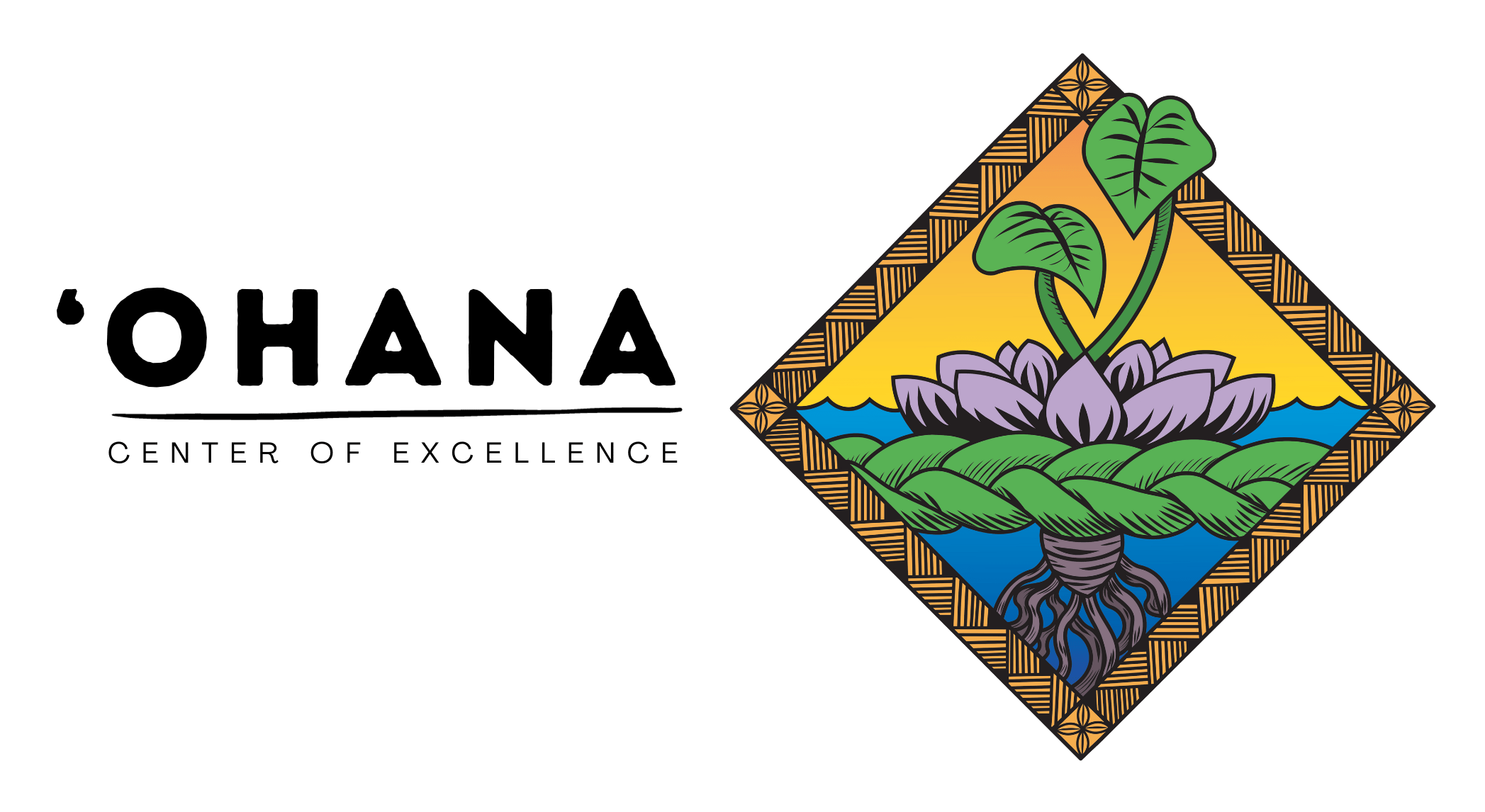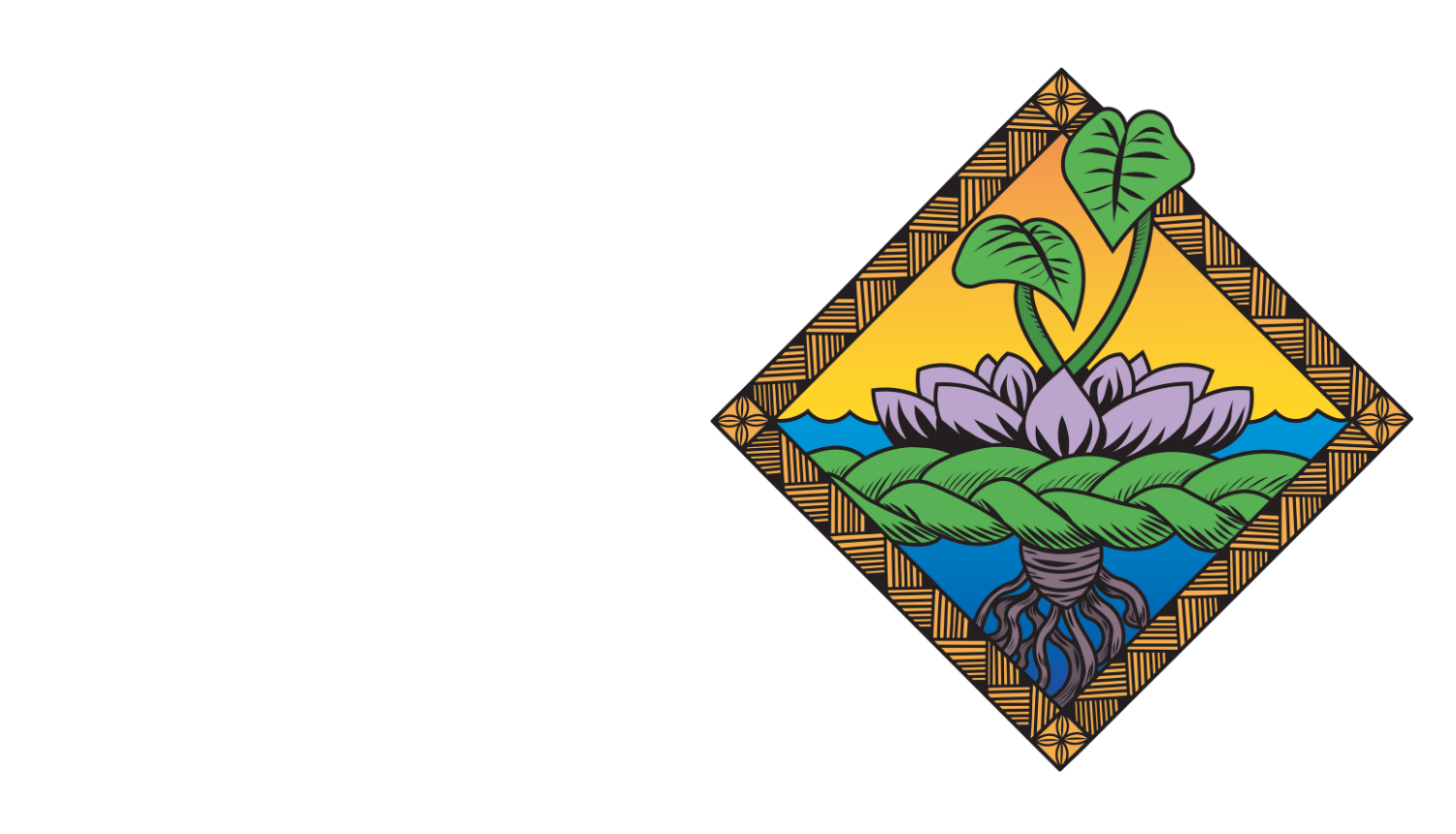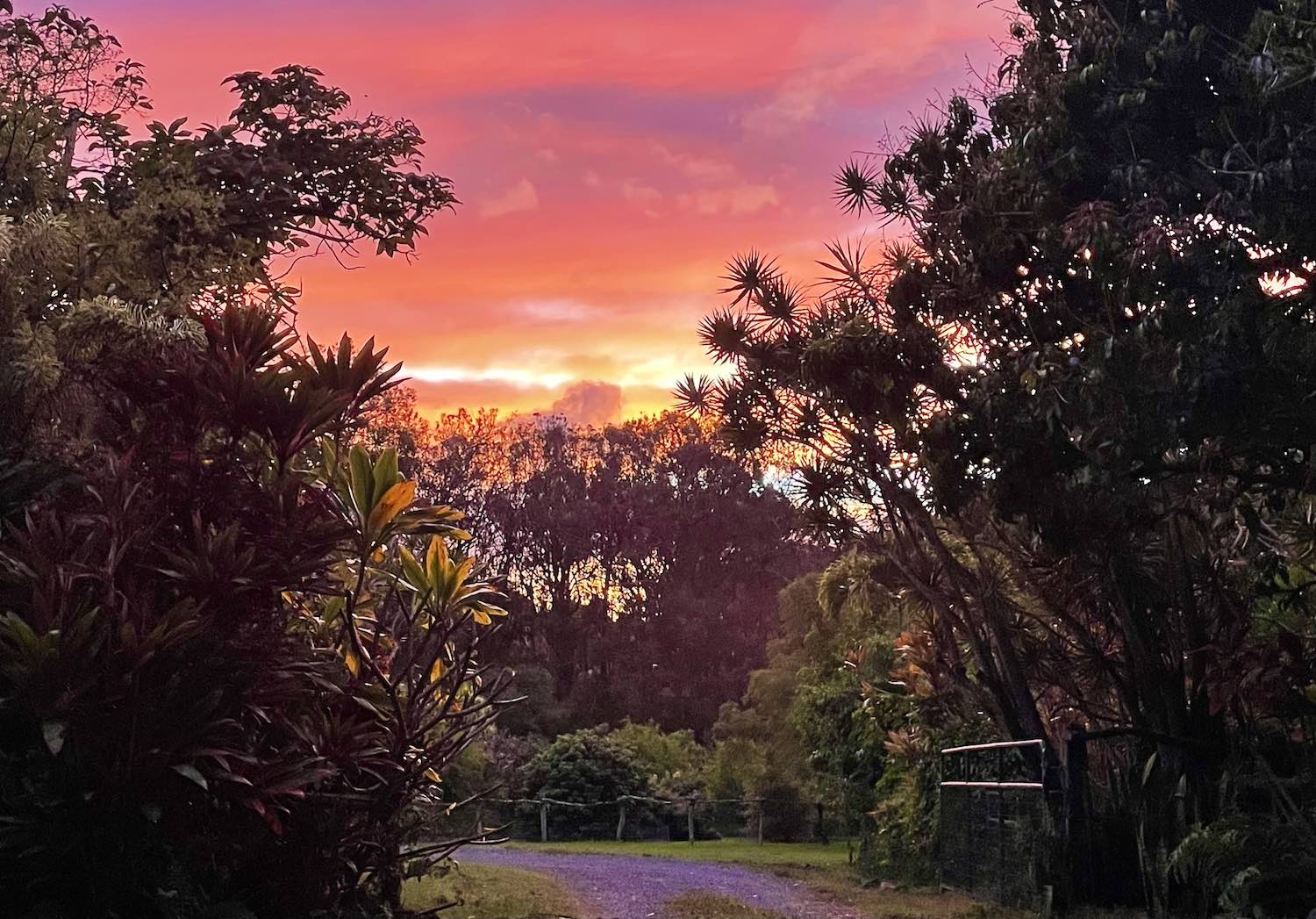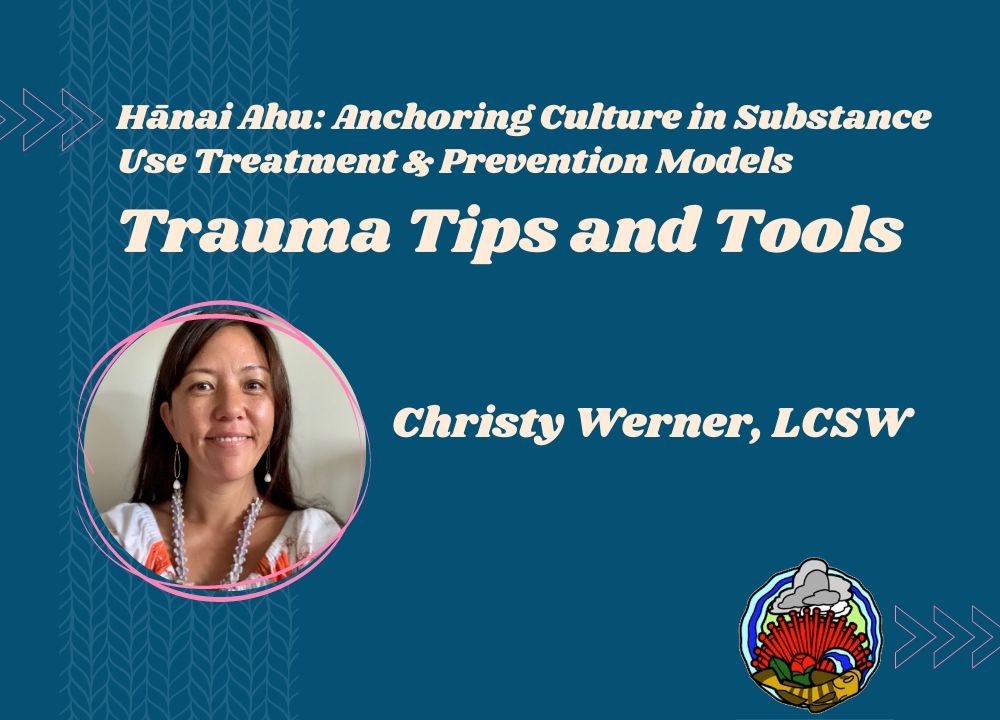Last month, I received a call from a dear friend here in Haiku on the North Shore of Maui. She shared that Aunty Carolʻs breast cancer was back. This time it was too far spread and she was resigned that her time here would soon come to a pass. We were shocked. Though I wanted her to fight and keep that battle going, I knew in my heart it was her decision to make and she made it with peace. It was not for me to tell her to keep trying treatments that would cause pain if she had decided it was her time to go.
What is ‘ohana?
What makes a grandmother? Here in Hawaiʻi, we are the most isolated densely populated land mass in the world. As such, the connections you form with people can take the role you might typically have with family members on the continent. Your ʻohana or family can become individuals that have no blood relation to you. However, the bonds you form are just as real and sometimes even stronger than blood relatives. These adopted relations are known as hānai and hoʻokama here in Hawaiʻi. We are blessed to have Aunty Carol come into our lives. The joy, the laughter, and even the tears—our lives are richer because of it.
A warm welcome

Aunty Carol was one of the first to welcome us to the Haiku community. Over a decade ago, having recently moved from California, my wife and I knew no one on Maui and we had our hands full with our six-year-old son and 4-year-old daughter. Not only were we new to the island, but we were also new to the ways of a farm that we had recently purchased. One of the main reasons we moved to Maui was to raise our keiki (children) in a community that was more accepting of our children being multi-racial. I am Caucasian and my wife is Filipino/Chinese. On the second day after moving in, we heard a knock at the door and a sweet, “aloha!” calling out to us. Aunty Carol was standing there with lilikoi butter, fresh baked bread, butter mochi, and the warmest smile. She told us she is our neighbor next door and said we have a pass-through gate between our properties so we can visit whenever we like.

Hānai
My keiki immediately warmed to her and seemingly immediately she became their hānai grandmother. Hānai and hoʻokama are two terms used in Hawaiʻi that indicate a family relationship or bond that is adopted and not mandated by blood relationship. Aunty shared information and tips about the community and told us she has planned a party on Saturday in the afternoon to welcome us to Haiku. We were stunned. Coming from southern California, you avoided talking to your neighbors and most people kept to themselves. Here was a person with genuine open arms and love welcoming us. The next weekend we walked through the pass-through gate to the party she had arranged. We were welcomed by almost 30 guests greeting us with leis and aloha. Several of the guests were local musicians who played ukulele and sang beautiful Hawaiian mele (songs). It was a wonderous evening and we knew we had an immediate connection with her. She proceeded to invite us and at times just our keiki to the beach and showed us the visual arts center where she volunteered and her favorite local spots. We became ‘ohana.
Our families, completed

Over the next few years, we became closer and more intertwined. My keiki started school here locally and she would see them some afternoons at her cottage. She also invited us to meet new people and experience all that Maui has to offer. In some respects, she adopted us and we adopted her. We completed each other with our immense needs and personal belonging. Even though our keiki identify as Asian American, she being Caucasian never made any difference. They were her hānai grandchildren and she was their Tutu.

They were beautiful years of sharing and our keiki were so fortunate to have their hānai grandmother living next door. In time, she shared that she was a stage 4 breast cancer survivor. The illness never conquered her spirit and her fighting spirit always prevailed. Glowing and defiant, she shared that she was several years in remission and attributed the healing power of Maui to her health. She lives her life like that and taught my keiki to do the same.
Grateful through the hardships
When the COVID pandemic hit, she was on the continent receiving treatment. The cancer had come back. She spent the years in quarantine battling the terrible disease. As we expected, she conquered it again and was in full remission. Always upbeat, she kept her positive outlook and warm smile.
This year has been particularly hard for our community here on Maui. We were fortunate in that my family did not lose lives in the wildfires, but we did lose our condo in beloved Lahaina that was rented and brought us financial security. That loss was also our savings and retirement. Again, we found ourselves grateful and yet hurting by the loss felt by our fellow community members. Given my position at work, I spent most days working to uplift community members and strengthen their mental health. That continues to this day.
Occasionally I would hear from Aunty Carol and she would ask if we were okay and always had our health and personal well being at the forefront. We asked how she was doing and she said better. She told my keiki how proud she was of them and all their accomplishments. The calls always ended on her expressions of aloha filled with love for them and us.
The farewell dinner
As we walked up to the restaurant, I remembered how Aunty Carol had mentioned how much she was looking forward to seeing us and had ended her last text by saying it would be her farewell meal with us. There she was, as always, ready to greet us with aloha. Although I felt deep sadness, in the sunlight she looked radiant in a bright dress that matched her warm smile and glowing eyes. We shared miso butterfish, teri chicken, garlic noodles, and some Cinco de Mayo inspired treats including horchata tiramisu. But even better, we shared a meal of catching up and time spent together. My keiki talked of their adventures and she reflected a look of love and grandmotherly pride in her eyes and smile. She was soaking them in as she always did. Not once did she mention her condition or the physical pain she surely felt. We ate as an ʻohana together as we always have—celebrating and sharing of each other.

A family is not always made by blood. If lucky, sometimes fate will bring an ʻohana together and make them one.
When we ate way too much as we always do here, she said she had to leave soon. Before going, she asked the waiter to take our picture. She then wanted to take a group shot in front of the restaurant’s brightly painted wall. Outside, she wanted to take pictures again of her with the keiki and then with us. At her car, she said she had brought something for the keiki. The car trunk opened and inside was a box full of leather-bound books. They were classics like Huckleberry Finn and Moby Dick. My keiki’s eyes lit up. They were the books from her cottage that they always would look at when visiting her on rainy and sunny days over the years. She used to tell them they were magical books and they could read them whenever they visited and talk story with her.

She said it was time to say Aloha. She gave us each her characteristically warm embrace. You could feel her love enter your heart with that hug. We watched and waved as she got into her car. Still smiling, I could see tears in her eyes as she drove away.
Maui Nō Ka ʻOi
My keiki identify as Asian American. It is part of their identity as the spirit of Aloha and Maui is part of their culture and identity being raised in Haiku. Aunty Carol as their hānai tutu and our aunty is proof that blood does not always factor in being connected and related to someone. She is evidence that love transcends race and unites those who belong together as an ʻohana.
Against the backdrop of the tremendous losses and grief of the Lahaina wildfires, I have felt a sadness familiar to many of us. And a reader might feel sadness knowing that this meal we shared together as an ʻohana will likely be our last together. Aunty Carol said Aloha to us and gave us each a final embrace to say farewell. She chose to do so in this moment to have our memory of her as she is now. I will cherish every conversation we have had and will have as long as we may have them. I am grateful for every moment she has been in our lives.

We should all be so fortunate to be able to individually make that choice of how we shall be remembered by those we love. I take comfort in knowing that though one may pass physically, their spirit stays with us always. I have experienced this before with dear friends who have physically left this land. As I have strolled at sunset among my fruit trees and smelled the citrus blossoms, I often sense their presence in the trade winds. A warmth goes through my heart and I inherently know they are the strength within me. I find comfort in knowing that she will one day visit me there as well.
I am reminded of the Hawaiian proverb:
“Aloha Mai No Aloha Aku O Kaa Huhu Kaa Mea E Ola Ole Ai”
When Love Is Given, Love Naturally Flows Back In Return.
Mahalo.





